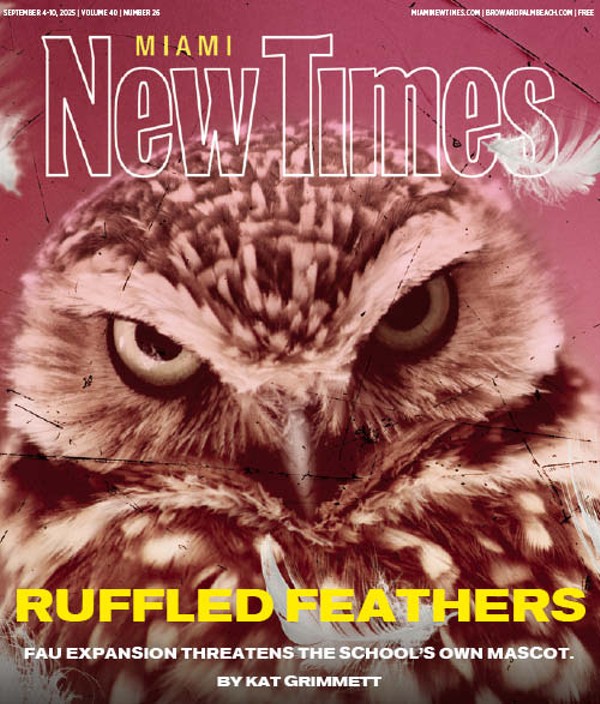In the continuing adventures of Emmet Brickowski (Chris Pratt) and Wyldstyle (Elizabeth Banks), what once were surprises in the plot become predictable dramatic notes. An unrelenting fourth-wall breaking meta humor grows tiresome.
Writers Phil Lord and Christopher Miller give up the directing helm to Mike Mitchell, the man behind a string of second-rate animated movies like Trolls and sequels including Alvin and the Chipmunks: Chipwrecked and Shrek Forever After. When the film isn’t making self-aware asides to superhero movies, Mad Max and Jurassic Park, it features heavy-handed dialogue about how to grow up pure and true to one’s inner child. It all feels too grown-up to be genuinely precious, and the only moments of excitement arrive during brief brick-building action sequences or musical numbers that finally say more about the characters than the film’s slap-dashed, contrived dialogue. Opens wide Thursday, February 7. — Hans Morgenstern
Oscar Nominated Short Films 2019: Animation. Animal Behavior, the first of this year’s Oscar nominees for Animated Short Film, posits the question: What if BoJack Horseman had no good jokes, absolutely no style, and nothing unique to say about the animals dealing with their emotions through therapy? Its disconnected attempts at humor veer between crass jokes and “timely” content like, uh, social media.
But the offerings improve from there, with all four additional works exploring familial ties in different manners. Bao and One Small Step come closest to each other, each about a child and their direct interaction with one parent. Bao is no less gorgeously designed than any other Pixar short, but there’s something especially enchanting (and shocking for many viewers, amusingly enough) about watching a mother
Late Afternoon explores
Oscar Nominated Short Films 2019: Live-Action. The nominees for Live-Action Short Film this year at the Oscars are more than just a mixed bag; they’re as deeply problematic as the films up for top prizes. No, it’s unfair to saddle some of its better offerings like the riveting Fauve—which won’t be spoiled with a plot description but features gorgeous formal technique, child performances that actually work, and gut punches of emotion—with some of its most offensive.
Mother is the kind of short film clearly designed to get funding, a blandly shot one-take phone call between worried mother and abandoned son. If Marta Nieto’s performance wasn’t so strong, there’d be nothing here but a one-note concept, but it’s a promising lead-in to what will hopefully be a better feature. Marguerite instead delivers a full emotional arc in just as much time, rather lovingly showcasing two women, an aging woman and her nurse, connecting. It’s a shame there’s an overbearing score present throughout because it’s otherwise an undoubtedly queer work, navigating how female touch and gaze doesn’t need to be inherently sexual to be meaningful and cathartic for those who need it most.
This brings us to the representation we don’t need
Just as bad is Detainment, an absolute disaster that has true crime reenactment written all over it, only directed and performed by amateurs. It takes the murder of James Bulger, basing itself on interview transcripts and records and positioning itself as something groundbreaking, and turns it into an exploitative 30-minute drama; loudly painted, awfully edited, inconsistently shot, and unable to navigate drama in any meaningful capacity. It’s no surprise Bulger’s mother has criticized the filmmakers for their lack of compassion, and yet, it wouldn’t surprise me if the Academy, the most tone-deaf organization in cinema, ended up rewarding this empty garbage (or Skin, under the misguided notion that it's progressive in any capacity). Opens at the Landmark at
The Prodigy. “Jesus Christ, already?!” was a remark I heard among the crowd as The Prodigy’s opening scene ended on a carefully paced jump scare. So if that’s your kind of horror movie, then director Nicholas McCarthy has a flick for you. McCarthy, the director behind The Pact (2012) and At the Devil’s Door (2014), returns to theatrical movie-making following a low-key stint in television with something not wholly original but at least giddily constructed. Even if character motivations seem questionable (and what horror movie doesn’t have that), he at least never resorts to cheap tricks like cats jumping out from behind garbage cans. In The Prodigy, when something pops out from behind a panel under a sink, it’s legit disturbing.
Like so many movies before it, The Prodigy preys on that primal fear that parents have: not knowing who their children are. It’s been done many times before, sometimes better than others, and if you have seen Orphan (2009) you might recognize a similar plot. Taylor Schilling and Peter Mooney play parents to Miles (Jackson Robert Scott, who you may have last seen playing innocent Georgie Denbrough in It). Even as a baby, he displays quick learning skills. But with that intelligence comes psychotic tendencies.
Though the film does well with the jump scares, plus some smart camera placement, not to mention a series of brilliant match cuts at the beginning to clue the audience in on who Miles is, it fumbles a bit in the narrative category. The manner in which Jeff Buhler’s script unfolds allows for some long swaths of boring exposition that sap the tension out of the proceedings before the next fright. But if you want a movie-going experience that harnesses the power of the jump scare to the utmost, this is your flick. Opens wide Thursday, February 7. — Hans Morgenstern

















